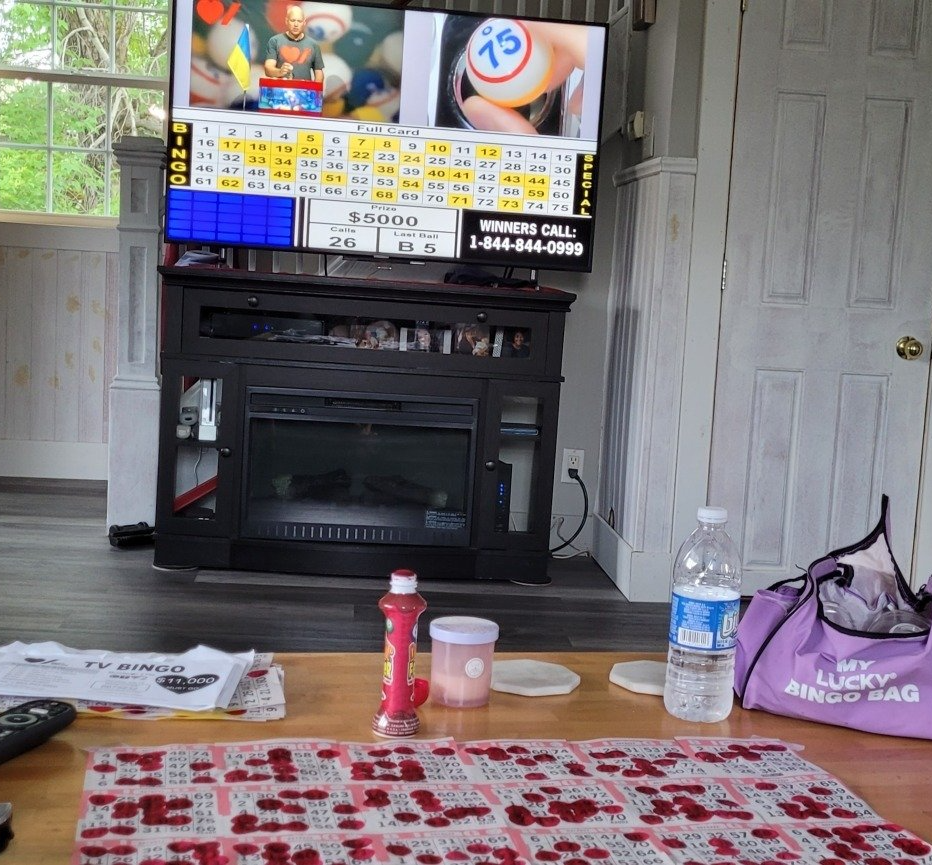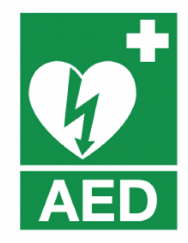Heart & Stroke is working with the provincial government to get CPR/AED education in schools.
“The key to improving survival rates involves equipping Nova Scotians with the tools needed to provide a layer of protection to cardiac arrest victims when an emergency strikes,” says Kathryn Rand, Director of Health Policy and Systems with Heart & Stroke Nova Scotia. The plan is to create a generation of heroes by embedding CPR and AED education into schools, ensuring every Nova Scotian knows how to restart a heart.
Nova Scotia is also one of four provinces involved in a pilot CPR education project geared to students in Grades 7 to 9 that will be rolled out at five sites across the province next year . “It’s an immersive education program that actually walks students through a teacher having a cardiac arrest, which includes practicing CPR and applying an AED,” says Kathryn.
Heart & Stroke Nova Scotia is working with the Department of Education to set up the pilot. Research findings from that project will help inform implementation of the program throughout the province.






